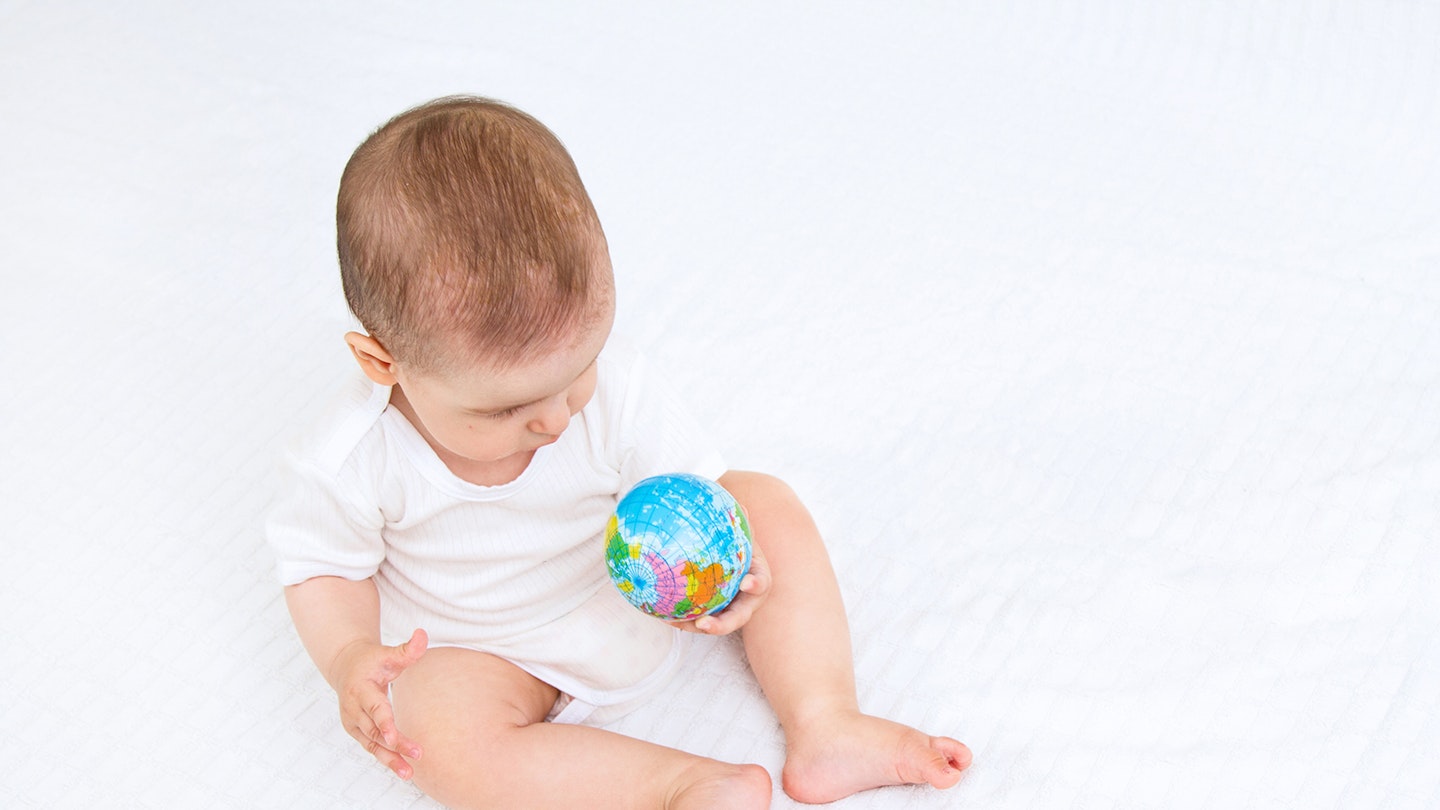Having trouble deciding what to call your baby? Take a lead from these fantastic rituals from around the world
Choosing a baby name is a big deal. How do you pick one? Inspired by a family member, a flower, a virtue? Instead, take the lead from other cultures around the world
global baby name inspiration
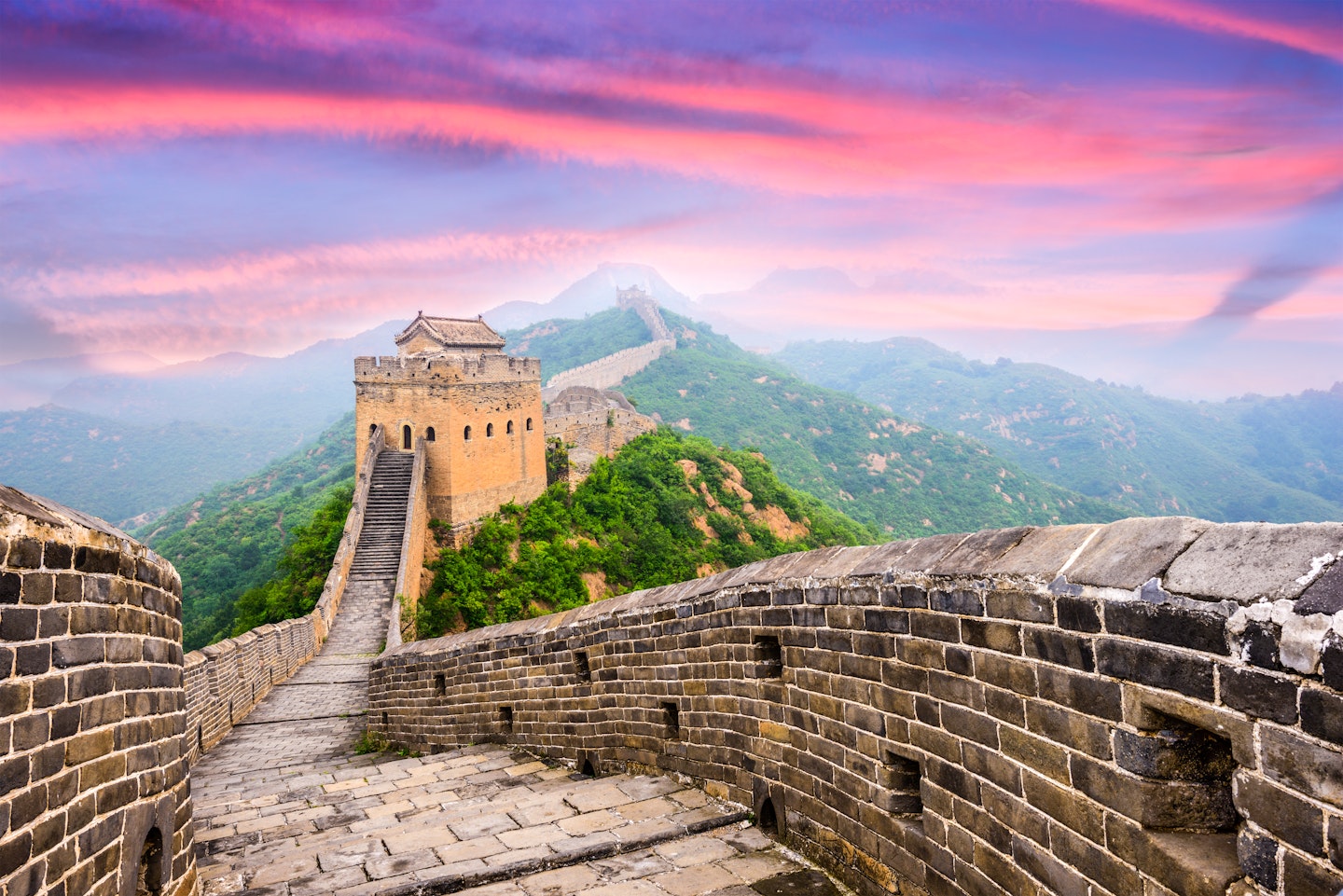 1 of 7
1 of 7China
Before birth, a Chinese baby is given a nickname or 'milk name', usually something horrible like 'Ugly Dog' or 'Mud Face'. The idea is to disgust evil spirits into staying away-but often the nickname sticks.
The Chinese believe every child should have a unique name. As the most populated country in the world this is getting more and more difficult, but beautiful names such as 'Golden Sea' or 'Building the Universe' are the happy result. Even if most of the time they're plain old Mud Face.
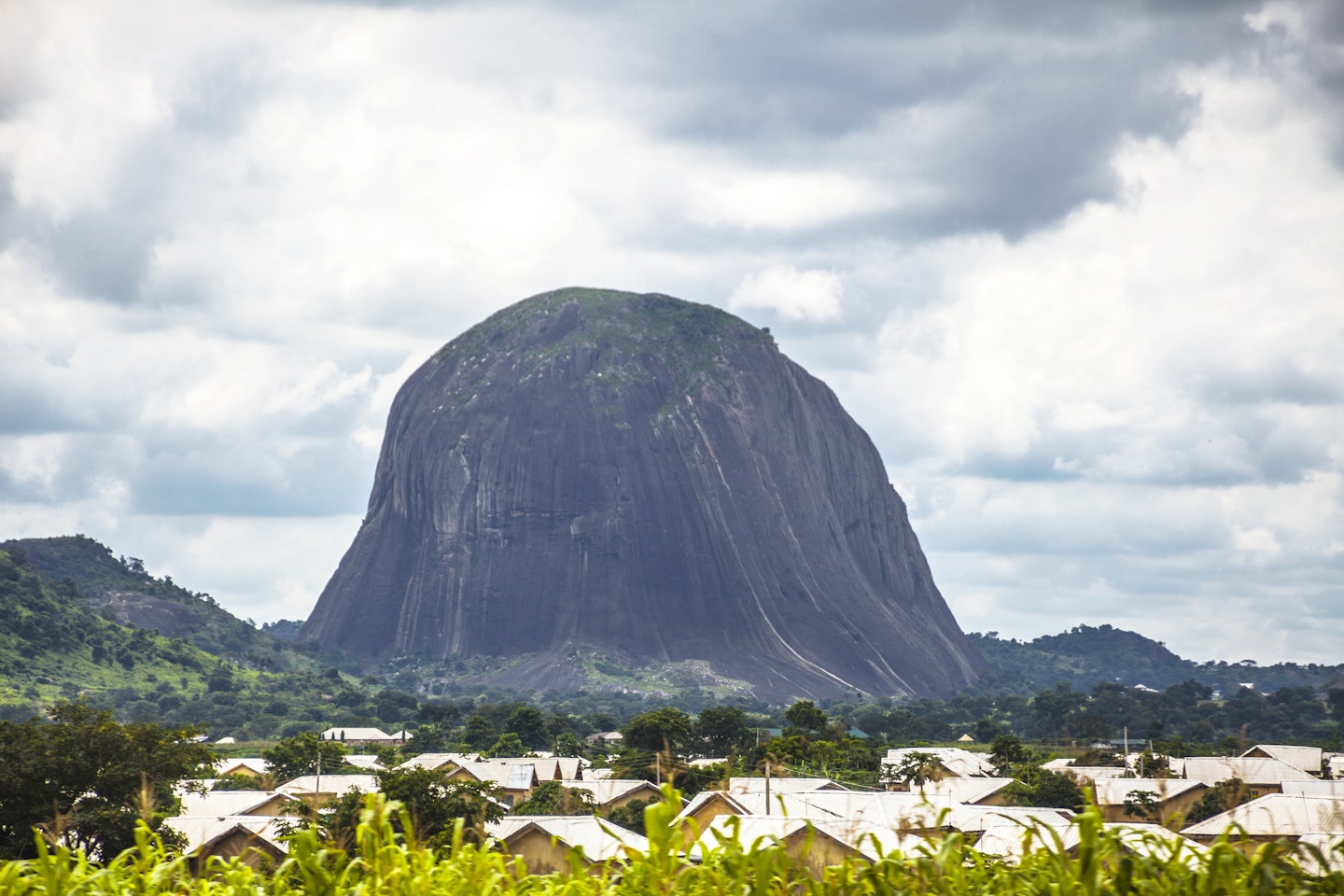 2 of 7
2 of 7Nigeria
A baby in the Yoruba tribe is named after some detail of her birth. For example, Bejide - 'born during the raining season', or Yetunde which means 'mother has come back', which may be used if an elderly woman died just before the birth of a baby girl.
When they're older, a child is given another name to reflect the parents' hopes for the future-like Molomo 'the child knows what to do', or Dunsimi, 'don't die before me'.
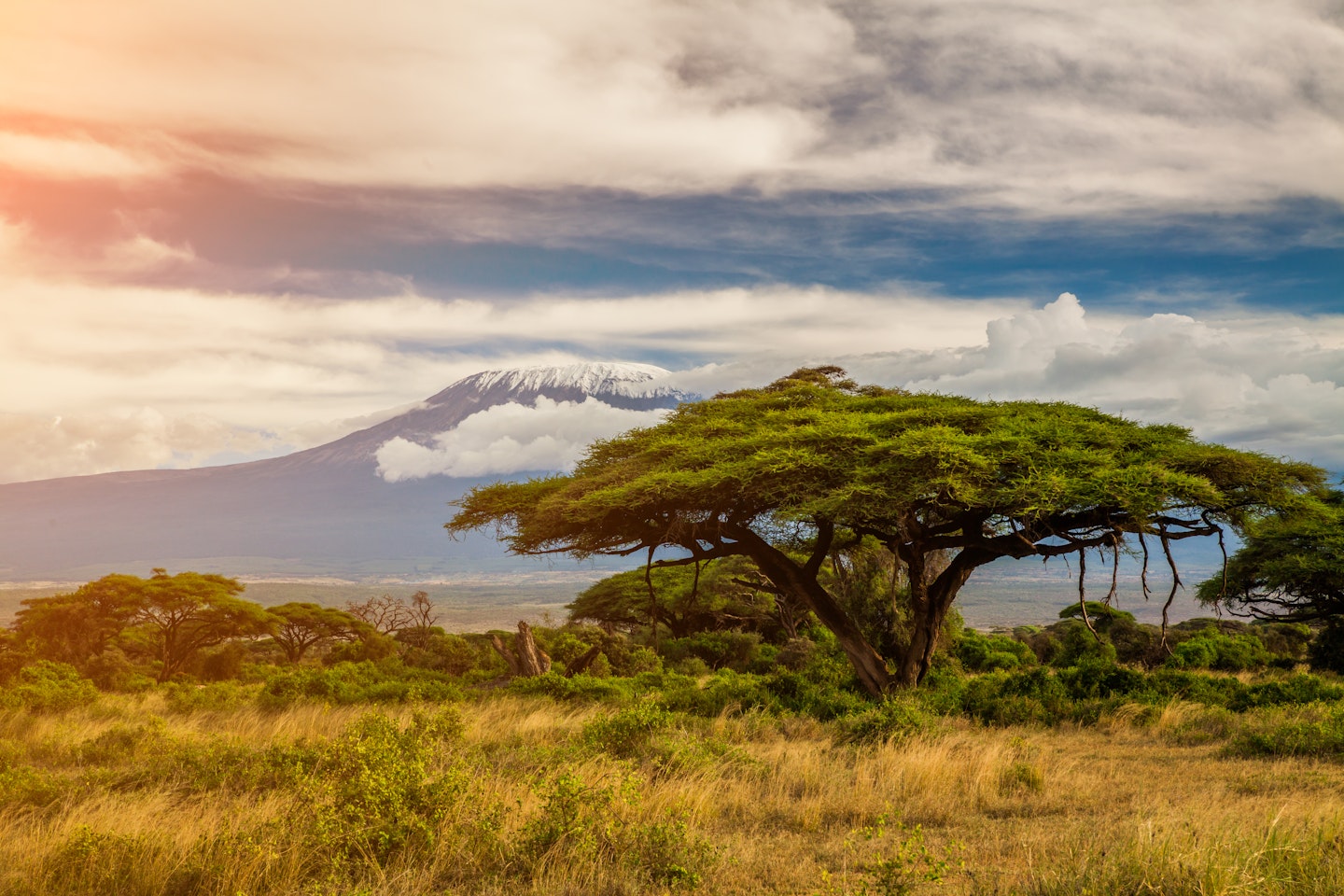 3 of 7
3 of 7Kenya
Kenyan parents get longer than most to decide their child's name. Babies only get their 'adult name' after 40 days, by which time his parents or grandparents make the call.
Before then, a short-term name is chosen according to how he looks, for example Haidar, which means 'the one who looks strong'.
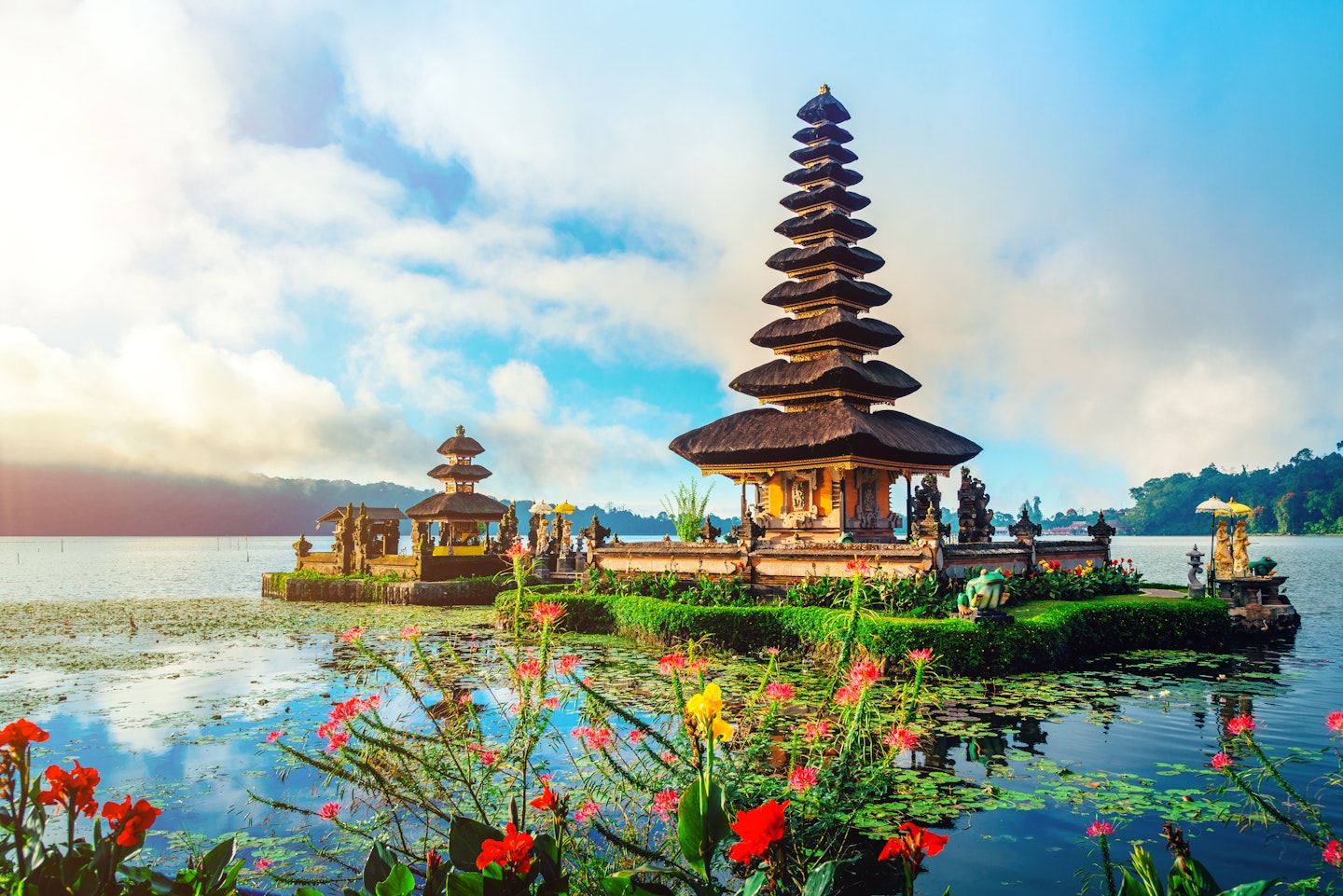 4 of 7
4 of 7Bali
The choise is simpler in Bali, where there are just four names, all unisex. The first child is called Wayan, the second Made, the third Nyoman, and the fourth Ketut. If a woman has a fifth child, he'll be called Wayan... and the cycle continues.
Luckily, the four million people in Bali have nicknames as well, so if a mother of 10 shouts 'Wayan!', three children won't come running.
 5 of 7
5 of 7Hawaii
A Hawaiian's name - or Inona (yep, check us out) - is so important, they believe getting the wrong one can actually cripple a child. So they search for the right name in signs, dreams and visions. It gives a new significance to your lying-in-a-field-of-Skittles dream, right?
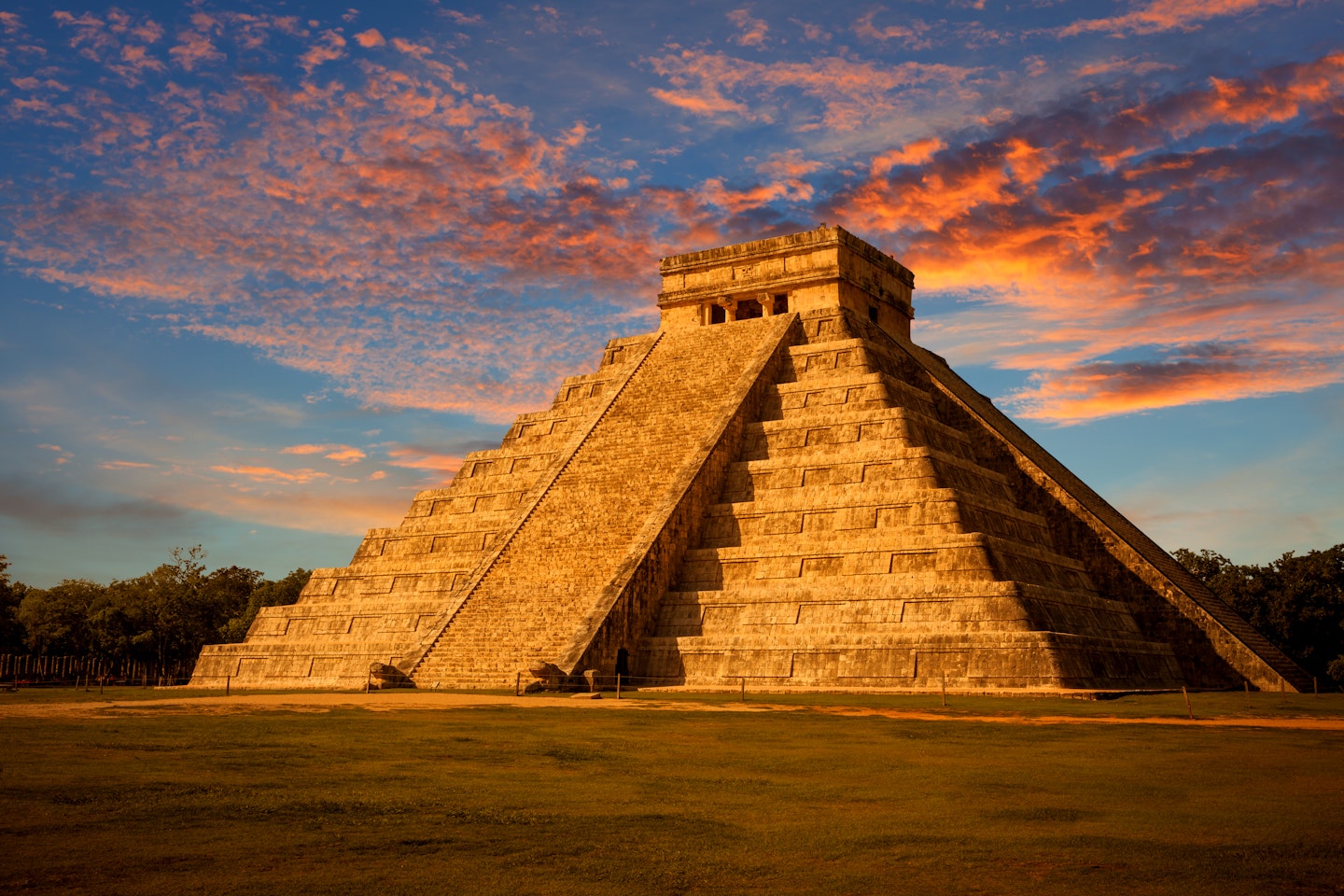 6 of 7
6 of 7Mexico
Mexico and other Hispanic countries are heavily Catholic, so many families name all the girls Maria after the Virgin Mary, and refer to them by their middle names to tell them apart.
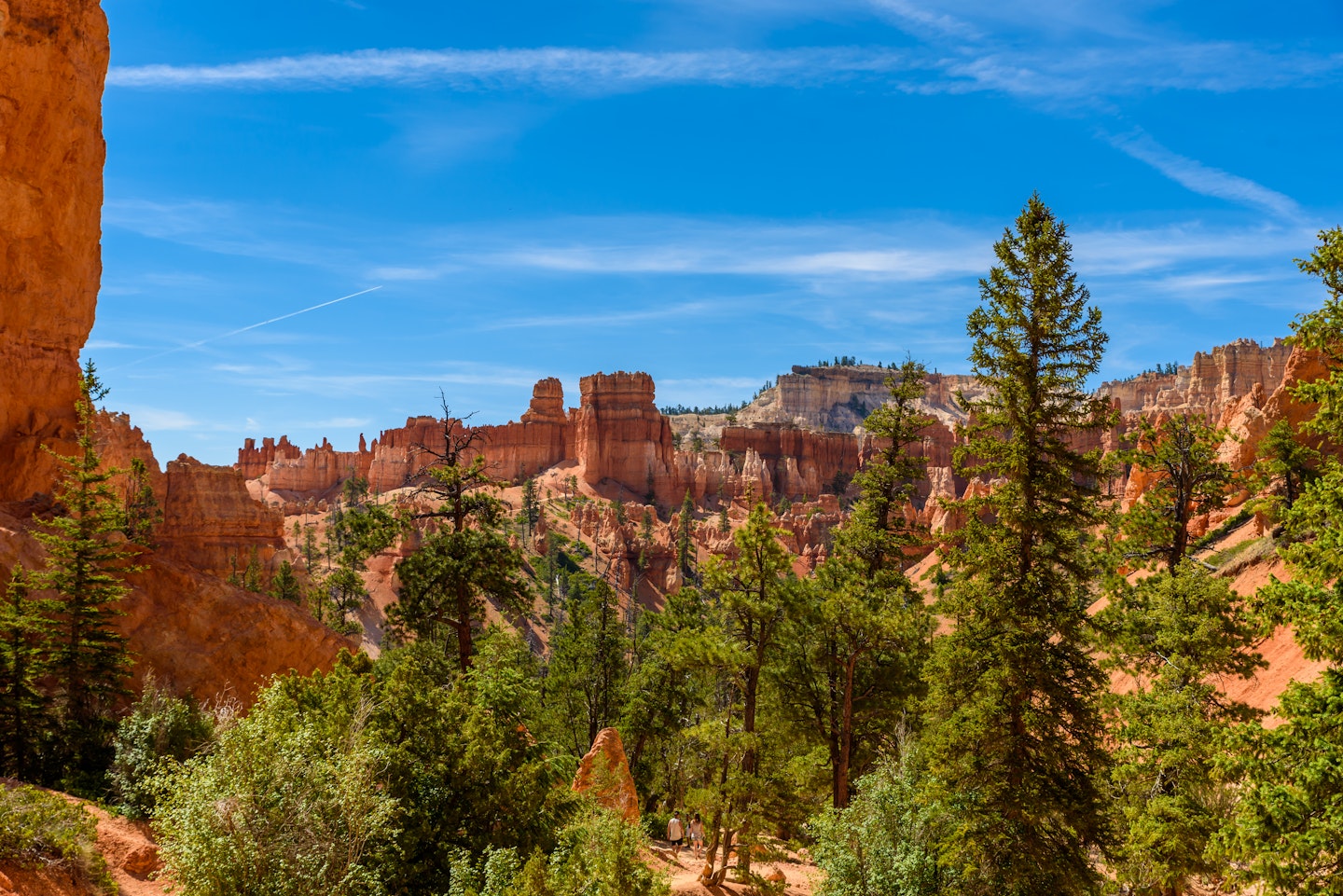 7 of 7
7 of 7Native American Najavo tribe
The Najavo tribe name their babies after hopes they have for them, such as 'listener'. When the child reaches adolescence, the tribal leader renames the child after a trait that he's known for - anything from 'he fights' to 'he interrupts'.
As an adult he gets yet another name, which will be something he's expected to live up to, such as 'goes to war'.
Navajo names are considered so sacred they're only used during ceremonies, so a typical conversation in a Navajo home might go along the lines of 'Son, stop annoying your father'.
Now read:
25 unique double-barelled baby names for girls
